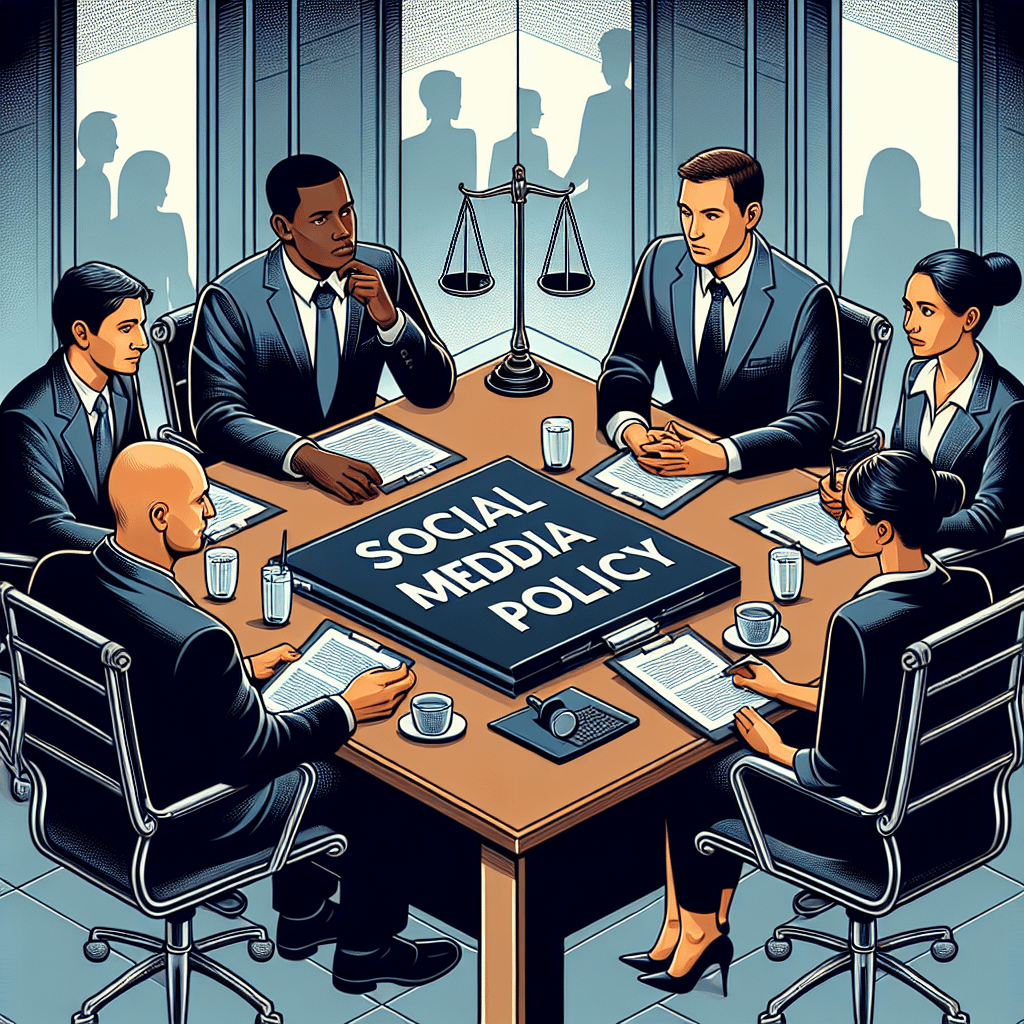In today’s digital age, social media has become a vital part of our daily lives. From sharing vacation photos on Instagram to tweeting opinions about the latest TV shows, social media platforms allow us to express ourselves widely. But with this freedom comes responsibility, especially when it comes to maintaining your professional reputation. A common concern many people have is whether they can be legally fired for their personal social media posts. Let’s dive into this topic to provide some clarity and guidance.
Understanding Employment at Will
In most parts of the United States, employment is considered “at-will.” This means that an employer can terminate an employee for any reason, or even for no reason at all, as long as it’s not illegal (such as firing someone due to their race, religion, or gender). Similarly, employees can leave a job at any time without giving a reason. Because of this principle, employers often have significant leeway in setting expectations for employee conduct, including behavior on social media.
Company Policies Matter
Nearly every company has a social media policy that outlines acceptable behavior online. These policies are designed to protect the company’s reputation and ensure a professional workplace environment. It’s crucial to familiarize yourself with these guidelines, as violating them can be grounds for disciplinary action, including termination.
Example: If a company policy explicitly states that employees must not disclose company secrets on social media, and an employee tweets confidential information, the company might have a legitimate reason to fire that employee.
Posts That Might Get You Fired
Certain types of social media posts are more likely to lead to job consequences than others. Here are a few situations where your posts could jeopardize your employment:
1. Badmouthing Your Employer: While the first amendment protects freedom of speech, it doesn’t shield you from consequences at work. If you post derogatory comments about your employer or coworkers, it could be viewed as damaging to the company’s reputation. 2. Disclosing Confidential Information: Sharing sensitive information can breach company policy and privacy laws, and could lead to severe consequences, including termination.
3. Harassment or Discrimination: Any posts that can be perceived as harassing or discriminating against others can not only violate workplace policies but also open up legal implications.
4. Illegal Activities: Documenting illegal activities on your social media can result in legal action and reflect poorly on your employer, providing reasonable cause for dismissal.
Legal Protections
While employers have significant rights, there are certain protections for employees under federal and state laws:
- Concerted Activity: Under the National Labor Relations Act (NLRA), employees have the right to engage in “concerted activities” for their mutual aid or protection. This means discussions about wages, workplace conditions, or other employment terms could be protected, even if they’re posted on social media.
- State Protections: Some states have laws protecting employees from being fired for lawful off-duty activities. These laws vary greatly, so check your state’s specific regulations.
Practical Tips to Protect Yourself
1. Review and Understand Your Company’s Policy: Ensure you are aware of what your employer expects regarding social media usage.
2. Think Before You Post: Consider the potential impact of your post. Ask yourself if it could negatively affect your professional life.
3. Check Privacy Settings: Make sure your social media accounts have appropriate privacy settings, but remember that nothing online is truly private.
4. Separate Professional and Personal Accounts: If possible, keep your professional and personal social media accounts separate to minimize risk.
5. Consult HR if Unsure: If you’re concerned about whether something is appropriate to post, checking with your human resources department can provide clarity.
While everyone has the right to express themselves, it’s important to remember that our digital footprints can have real-world consequences. Balancing personal expression with professional responsibilities can save you from potential headaches down the road. By taking these steps and being aware of your employer’s policies, you can enjoy your social media while maintaining your employment security.








